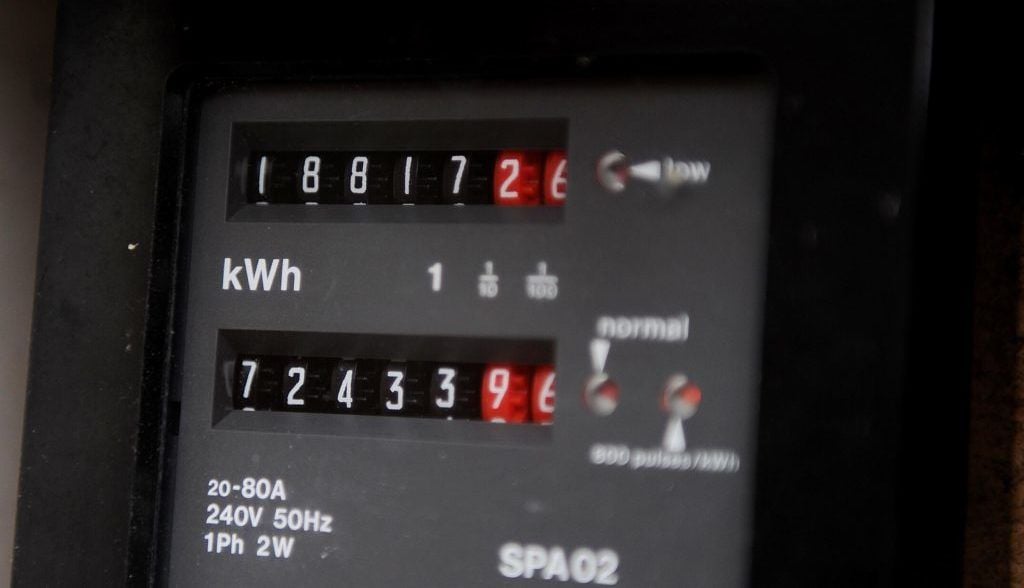(Bloomberg) — Intel Corp., the largest maker of computer processors, tumbled in late trading after giving a disappointing forecast for the current period, signaling that it continues to struggle to defend its once-dominant position in data center chips.
Most Read from Bloomberg
Sales in the first quarter will be $12.2 billion to $13.2 billion, the company said in a statement Thursday. That compared with an average analyst estimate of $14.25 billion, according to data compiled by Bloomberg. Profit will be 13 cents a share, minus certain items, versus a projection of 34 cents.
The outlook suggests that Chief Executive Officer Pat Gelsinger still has a long way to go in restoring Intel’s former prowess. Though the chipmaker’s PC business is recovering, it has been losing ground in the lucrative market for data center chips. The company also is contending with weaker demand at units that make programmable chips and components for self-driving vehicles, as well as a fledgling outsourced production effort.
Intel shares fell more than 6% in extended trading following the announcement. The stock was already down 1.4% so far this month, trailing a 7.1% advance by the closely watched Philadelphia Stock Exchange Semiconductor Index.
Nvidia Corp. and Advanced Micro Devices Inc. have remained the stock-market darlings of the chip sector, largely because investors expect them to benefit the most from a surge in spending on artificial intelligence-related infrastructure.
The Santa Clara, California-based company also said it was looking for ways to further tighten its belt. “We expect to unlock further efficiencies in 2024,” Chief Financial Officer David Zinsner said in the statement.
Intel’s gross margin — the portion of sales remaining after deducting the cost of production — will be 44.5% in the first quarter. That compares with an estimate of 45.5%.
The measure is an indicator of how productive Intel’s multibillion-dollar factory network is. Prior to the onset of its current problems around 2019, Intel typically reported profitability of well over 60%.
In the fourth quarter, earnings came in at 54 cents a share on sales of $15.4 billion. Analysts had estimated profit of 44 cents and revenue of $15.2 billion.
Data center sales were $4 billion, falling short of the average projection of $4.08 billion. Client computing, Intel’s PC chip business, had sales of $8.84 billion. That compared with an estimate of about $8.42 billion.
Intel has said that the market for PCs is emerging from a glut of inventory and its largest customers are returning to ordering parts. Total PC shipments should rise to about 300 million units a year, Gelsinger has said, helped by demand for new machines that are better able to handle artificial intelligence software and services.
In servers, where Intel once had a market share of more than 99%, the company is facing more competition and a shift in spending patterns. Longtime rival AMD has fielded increasingly powerful chips that are winning over customers. In another troubling sign for Intel, some of the world’s biggest spenders on the technology – including Amazon.com Inc.’s AWS and Microsoft Corp. – are designing their own processors.
For now, the frenzy of spending on artificial intelligence hardware hasn’t done much to help Intel. Most of that money has gone toward so-called accelerator chips made by Nvidia Corp. Those components are better able to handle the massive data requirements of developing AI models. But Intel has its own accelerator, called Gaudi, and an improved version should help the company compete, according to Gelsinger.
He’s also pushing Intel into outsourced chip manufacturing — a field known as the foundry industry. As part of that expansion, the company is spending heavily on a network of plants around the world, aiming to meet rising demand. As yet, Intel hasn’t gone public with the names of any of the large customers it’s lined up for this project. And some analysts suspect the foundry effort will take years to pay off.
Intel’s outlook also has been clouded by a division that it partially spun off. Earlier this month, Mobileye Global Inc., a maker of autonomous driving technology, gave a full-year forecast that was well below analysts’ predictions. Intel is still the majority owner of the Israel company.
(Updates shares in fourth paragraph. A previous version of the story corrected remarks by Intel.)
Most Read from Bloomberg Businessweek
©2024 Bloomberg L.P.
Signup bonus from




